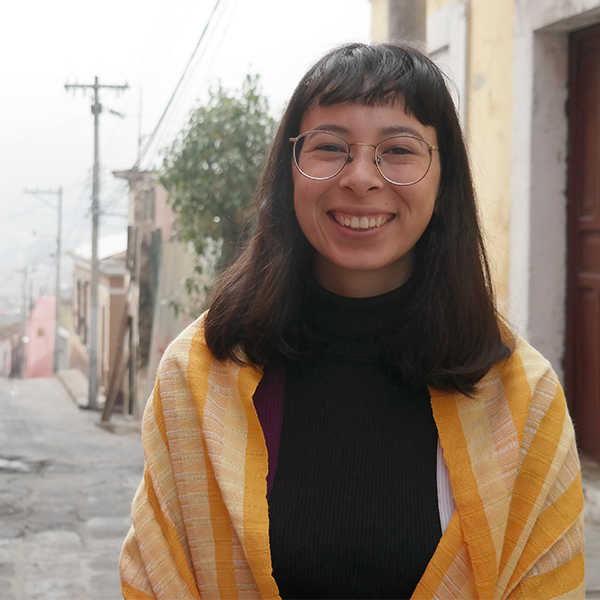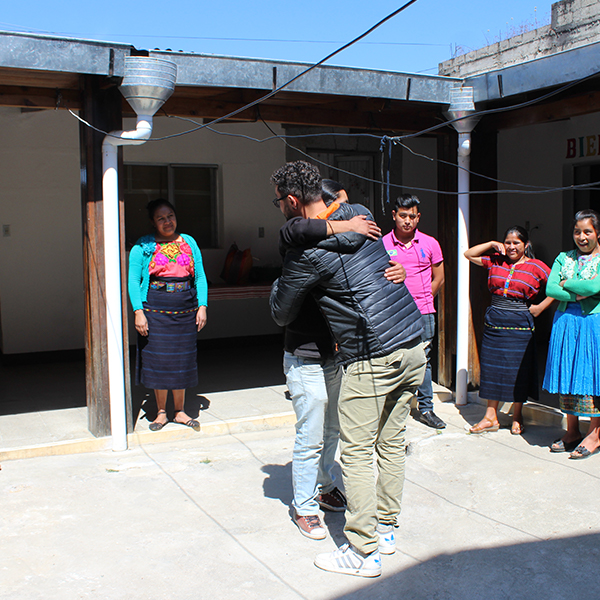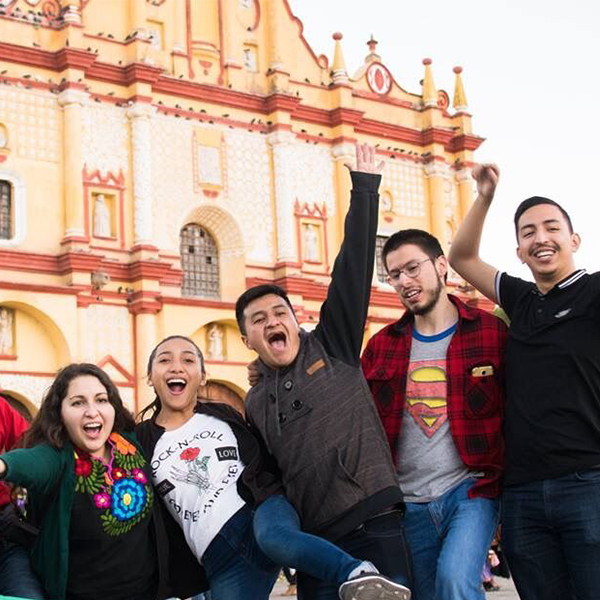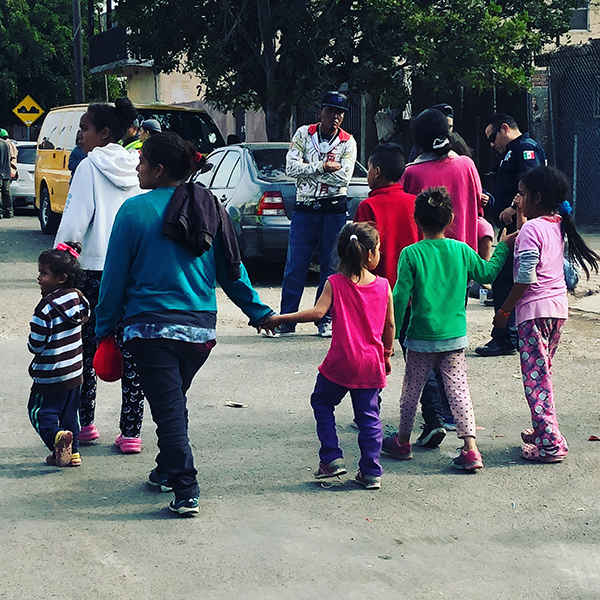On World Refugee Day, we want all migrant and refugee children to know that they are valued.
“¿Conoces a mi papá?”
“Do you know my father?”
A young girl who looked to be about seven years old asked me this question while I was visiting her school in Guatemala, after learning I was from the United States.
Like many children of Central America’s Northern Triangle, she is growing up without one or both of her parents. One day, she may face the decision to migrate herself.
How do you explain migration to a child?
Why her family cannot put food on the table or why there are gunshots in her neighborhood? Why she must leave her home with only what her hands can carry? Why she must remain in a shelter or camp? Why her mother is being deported and whether she will ever see her again?
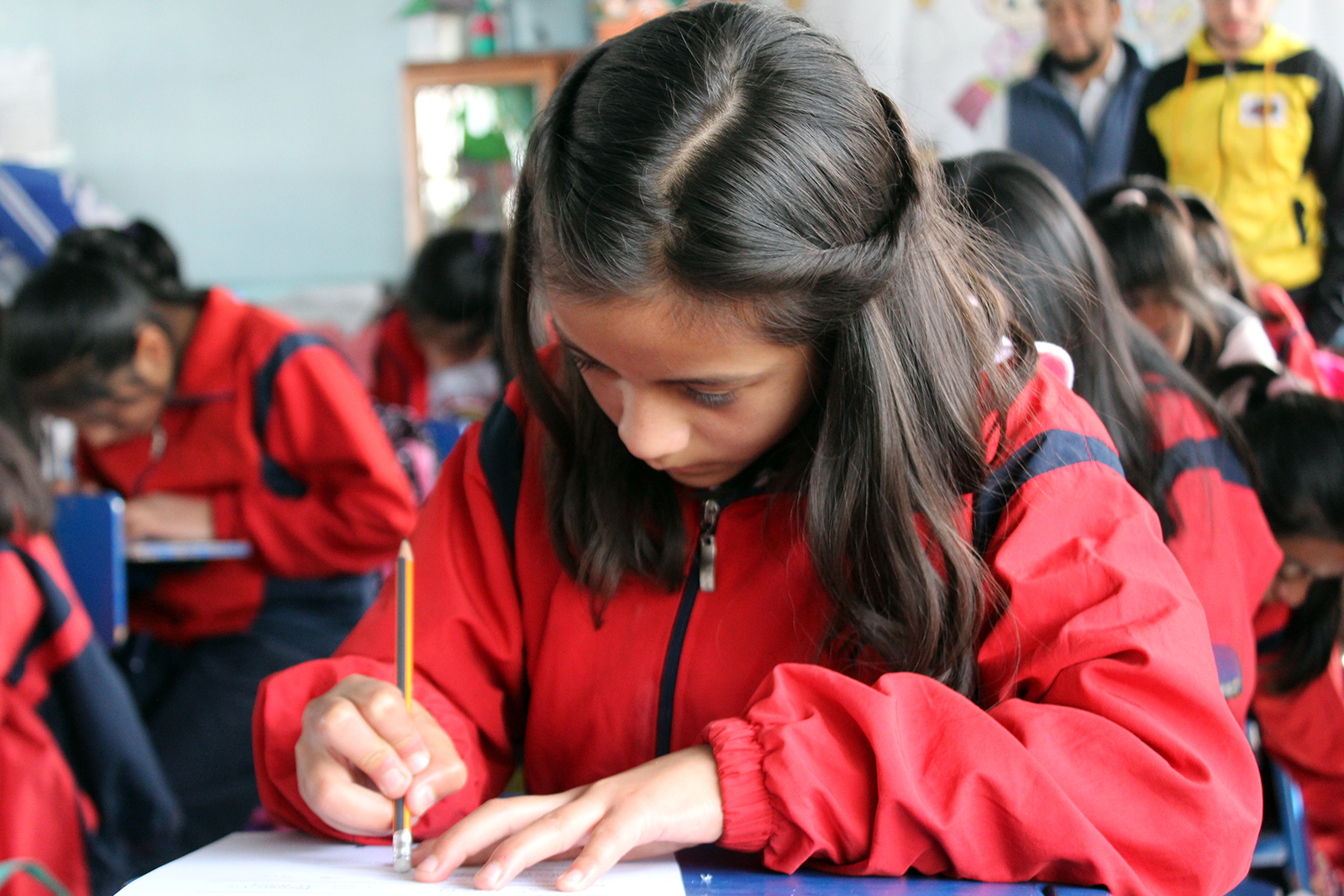
An estimated 30 million children worldwide are migrants, many of whom are facing or have faced questions like these. An estimated 10 million are refugees forcibly displaced from their country, and another 17 million are internally displaced due to conflict and violence. They are at grave risk of human trafficking, sexual violence, exploitation, disrupted education, family separation, and emotional trauma.
Throughout the world, dozens of Global Fund for Children partners and alumni are responding to some of the world’s largest migration crises and the unique challenges children face. Here are just a few examples:
In Guatemala, Mexico, and the United States, a transnational network of twelve local organizations is responding with collaborative efforts to protect and empower Central American migrant girls.
In Turkey, Mavi Kalem (a 2019 Juliette Gimon Courage Award Winner) adapted its educational programs to support the unique needs of Syrian refugee girls as they settled in Istanbul.
Our long-time partner Asylum Protection Center supports refugees and asylum seekers across Serbia, many of whom come from Afghanistan, Pakistan, and Somalia, by providing them with legal services, counseling, and education.
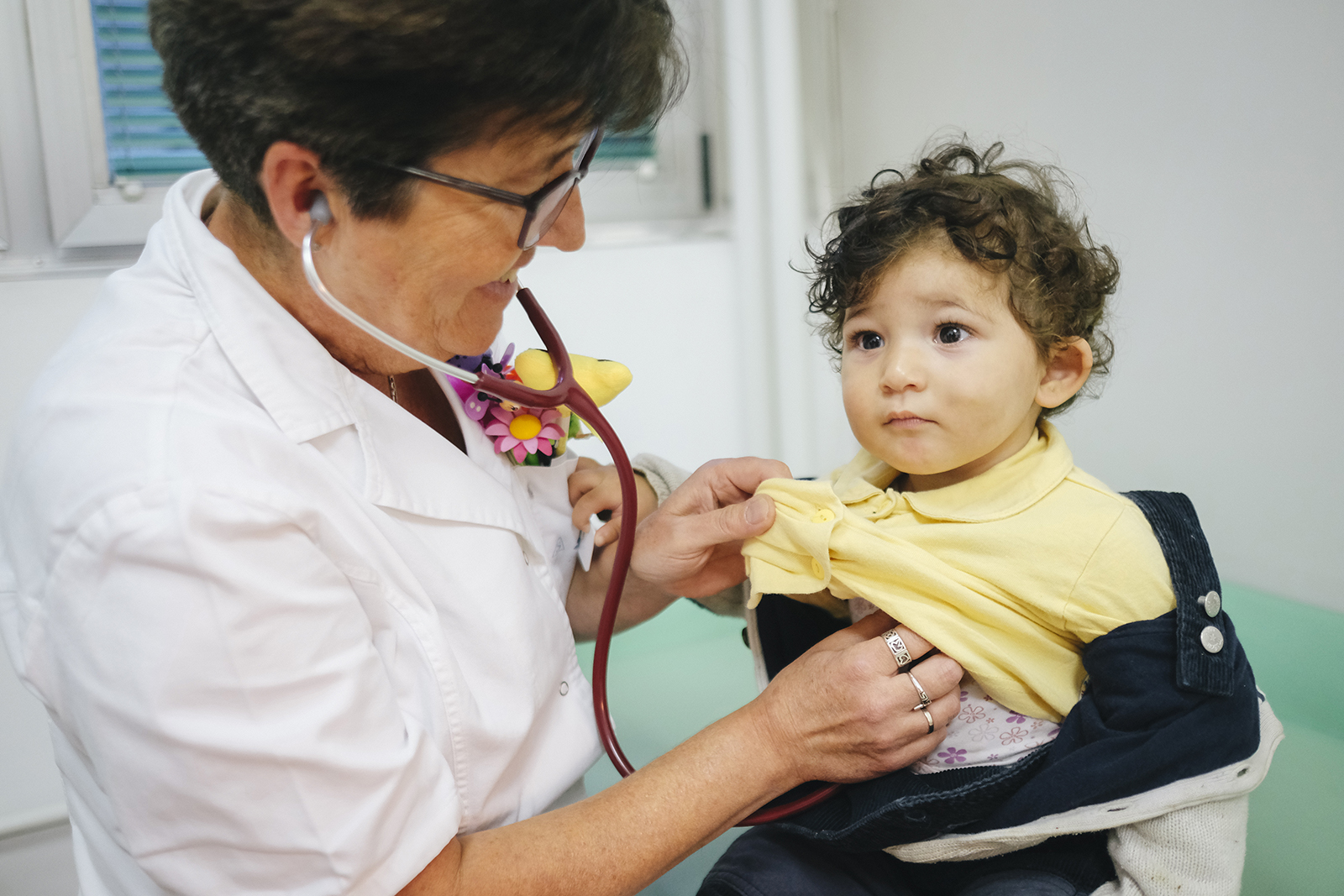
In Lebanon, host to the largest number of refugees per capita, Insan Association helps refugee girls return to school, while Tahaddi provides counseling, support groups, and child protection services for ethnic minorities and Syrian refugees.
In Kenya, RefuSHE specializes in identifying and protecting unaccompanied and separated refugee children and youth – especially girls, young women, and their children – and supports them through holistic programming.
In Uganda, COBURWAS International Youth Organization to Transform Africa (CIYOTA) is dedicated to nurturing refugee children and youth from the Kyangwali refugee camp, equipping them with quality education, leadership development, and entrepreneurship skills.
In Chiang Mai, Thailand, Friends Without Borders developed an academy where Burmese children and youth can express themselves through art. And in Chiang Rai, the Center for Girls and Child Rights and Protection Center support stateless children through access to informal education, reproductive health, and rehabilitation.
On World Refugee Day, the global community brings visibility to all migrants and their courage and perseverance. Today, Global Fund for Children celebrates the passion, local leadership, and determination of our partners to champion migrant children and their rights.
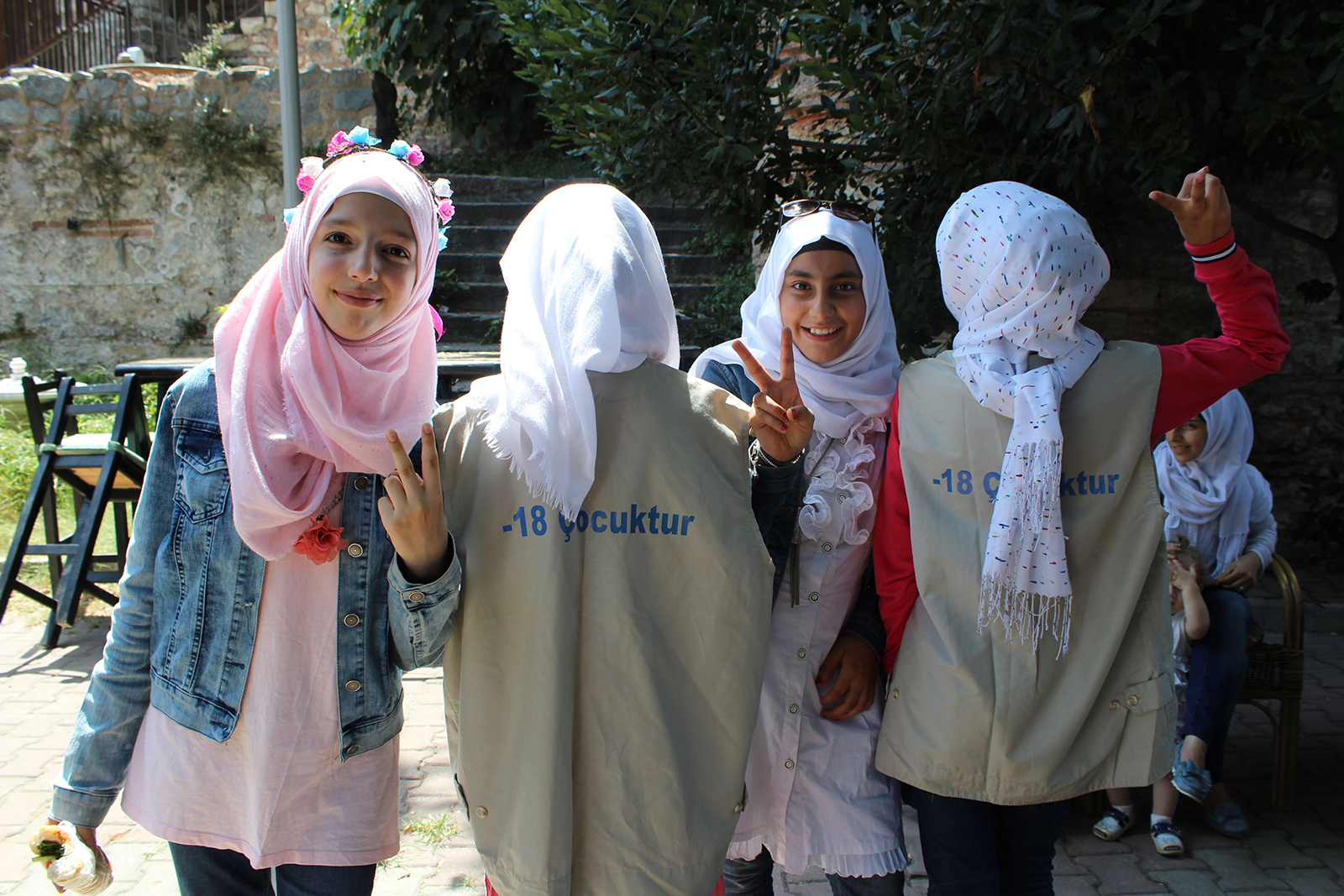
In a special video called The Right to Be and Belong, GFC partners from Guatemala, Mexico, and the US send a powerful message to migrant girls around the world – that they are not alone, that the world loves them and needs them, and that their dreams, experiences, and voices matter.
“You matter.” Every day these local partners send this message to migrant children around the world, while demanding that policymakers, institutions, and civil society take action to do the same.
I hope the girl I met in Guatemala finds this message, wherever her life may take her, and that she never doubts her right to be and belong.
